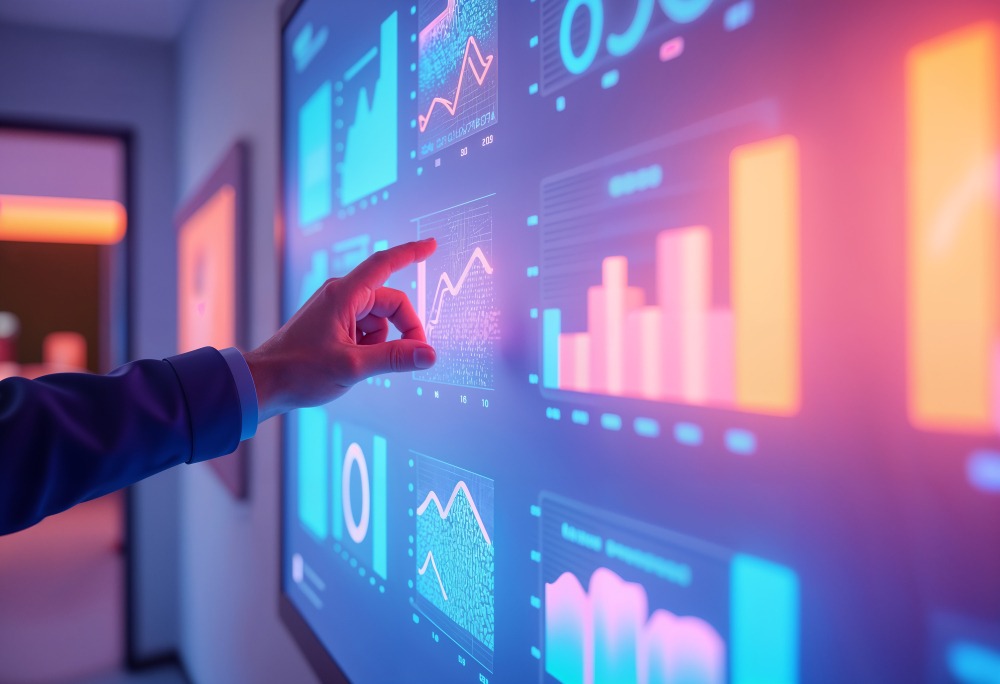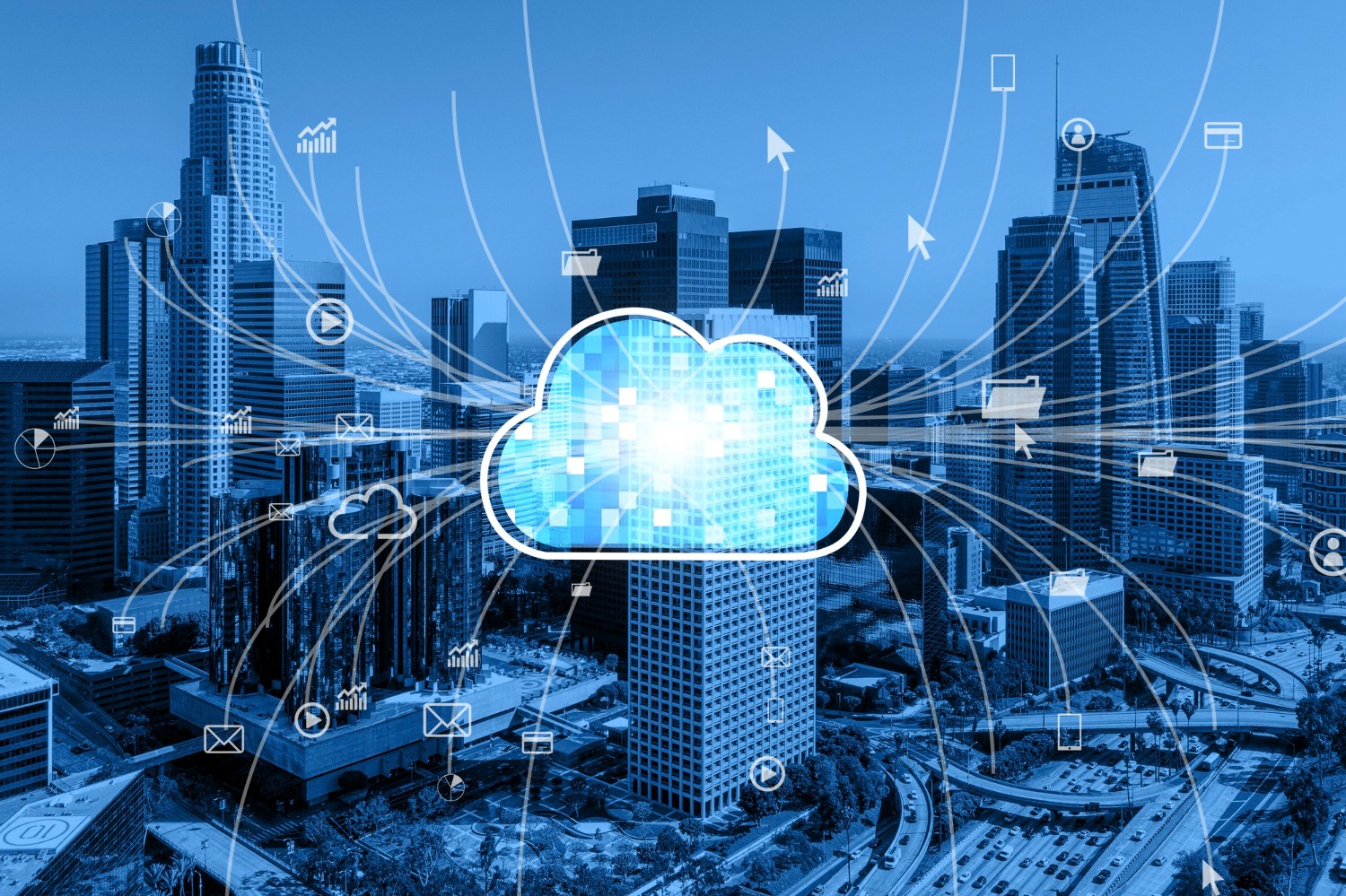Where Data Science Is Making the Biggest Impact Today
Data science has emerged as a transformative force across various sectors, fundamentally reshaping how organizations operate and make decisions. As we navigate through 2025, the impact of data science is becoming increasingly pronounced, driven by the exponential growth of data generation and advancements in technology. This interdisciplinary field combines statistics, computer science, and domain expertise to extract valuable insights from complex datasets, turning raw data into strategic assets.
The proliferation of digital interactions—from social media to e-commerce—has created vast amounts of data that hold the potential for significant insights. Industries such as healthcare, finance, manufacturing, and marketing are harnessing these insights to enhance operational efficiency, improve customer experiences, and drive innovation. For instance, in healthcare, predictive analytics is revolutionizing patient care by enabling early disease detection and personalized treatment plans. In finance, automated machine learning is streamlining risk assessments and fraud detection processes.
1. Healthcare: Improving Patient Outcomes and Operational Efficiency
Data science is revolutionizing the healthcare industry, enhancing patient care, and driving operational efficiencies. Through predictive analytics, healthcare providers can identify patients at high risk of developing chronic conditions and intervene earlier, potentially saving lives and reducing costs.
For instance, machine learning algorithms analyze vast amounts of patient data to detect patterns and predict diseases such as diabetes or cancer before symptoms manifest. Additionally, wearable devices and IoT sensors generate real-time health data, allowing for personalized treatment plans and continuous monitoring.
Moreover, data science is optimizing hospital operations by improving resource allocation, reducing wait times, and enhancing supply chain management for medical equipment and pharmaceuticals.
2. Finance: Enhancing Fraud Detection and Risk Management
The finance industry is one of the earliest adopters of data science, utilizing it to enhance fraud detection, manage risks, and improve customer experiences. By analyzing transactional data, machine learning models can quickly identify unusual patterns that may indicate fraudulent activities, enabling financial institutions to take swift action.
Risk management has also seen significant improvements through data science. Financial firms use predictive analytics to evaluate the creditworthiness of borrowers, assess market risks, and optimize investment strategies. Additionally, robo-advisors powered by AI are democratizing financial planning by providing personalized investment recommendations to retail customers.
3. Retail and E-commerce: Personalizing Customer Experiences
Retailers and e-commerce platforms are leveraging data science to understand consumer behavior and deliver personalized shopping experiences. By analyzing browsing history, purchase patterns, and demographic data, companies can predict what products a customer is likely to buy and recommend them accordingly.
Dynamic pricing, another data-driven innovation, allows businesses to adjust prices based on factors like demand, competition, and customer segmentation in real time. Furthermore, data science is helping retailers optimize inventory management, ensuring the right products are available at the right time, thereby reducing waste and increasing profitability.
4. Transportation and Logistics: Optimizing Routes and Reducing Costs
Data science is transforming the transportation and logistics sector by optimizing routes, reducing operational costs, and improving delivery times. Companies like UPS and FedEx use advanced analytics to determine the most efficient delivery routes, saving fuel and time.
In the ridesharing industry, platforms like Uber and Lyft rely on data science to match drivers with passengers, predict demand, and adjust pricing dynamically. Additionally, predictive maintenance powered by data science ensures that transportation fleets are well-maintained, reducing downtime and preventing costly repairs.
5. Energy: Driving Efficiency and Sustainability
The energy sector is increasingly relying on data science to promote efficiency and sustainability. By analyzing data from smart meters and IoT devices, utility companies can optimize energy distribution and reduce waste.
Data science is also enabling the integration of renewable energy sources into the grid. Machine learning models predict energy production from solar and wind farms, helping balance supply and demand. Additionally, predictive analytics is being used to forecast equipment failures, allowing for proactive maintenance and reducing operational costs.
6. Education: Enhancing Learning Outcomes
In education, data science is playing a pivotal role in personalizing learning experiences and improving student outcomes. Learning management systems (LMS) and educational platforms analyze student performance data to identify learning gaps and provide tailored recommendations for improvement.
For example, AI-powered tutors adapt to each student’s learning style, offering customized content and exercises. Educational institutions also use data science to analyze enrollment patterns, predict dropout risks, and develop targeted interventions to keep students engaged.
7. Entertainment and Media: Redefining Content Delivery
The entertainment industry is leveraging data science to create and deliver content that resonates with audiences. Streaming platforms like Netflix and Spotify use recommendation algorithms to suggest shows, movies, and songs based on users’ preferences and viewing habits.
Data science also plays a key role in content creation. By analyzing social media trends and audience feedback, companies can develop content that aligns with current consumer interests. Additionally, data-driven advertising ensures that marketers deliver personalized and relevant messages to target audiences, increasing engagement and conversion rates.
8. Agriculture: Boosting Productivity and Sustainability
In agriculture, data science is helping farmers make informed decisions to maximize crop yields and promote sustainable practices. Precision agriculture technologies analyze data from drones, sensors, and satellite imagery to monitor soil conditions, weather patterns, and crop health.
This information allows farmers to optimize irrigation, fertilization, and pest control, reducing resource wastage and improving productivity. Additionally, predictive analytics helps forecast market demand, enabling farmers to plan their production and distribution more effectively.
Conclusion
Data science is undeniably one of the most transformative technologies of our time, driving innovation and efficiency across multiple sectors. Whether it’s improving healthcare outcomes, enhancing financial security, or optimizing supply chains, data science is enabling organizations to solve complex problems and deliver better services.
As the volume of data continues to grow, the potential for data science to make an even bigger impact is limitless. Businesses that embrace data-driven decision-making will be better equipped to adapt to changing landscapes, stay ahead of the competition, and create a more sustainable and prosperous future.




